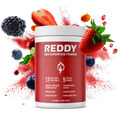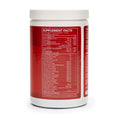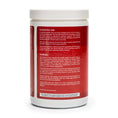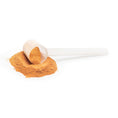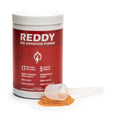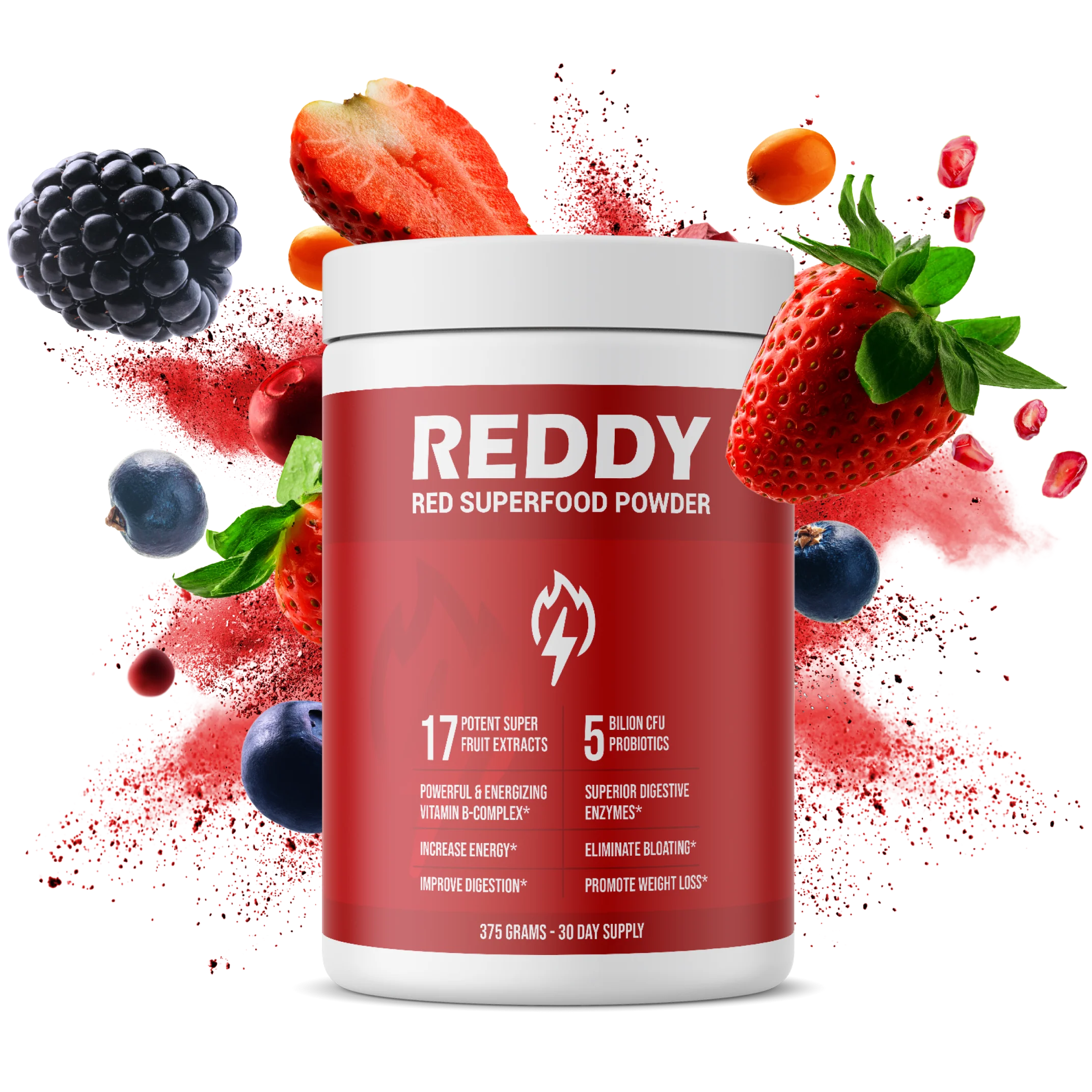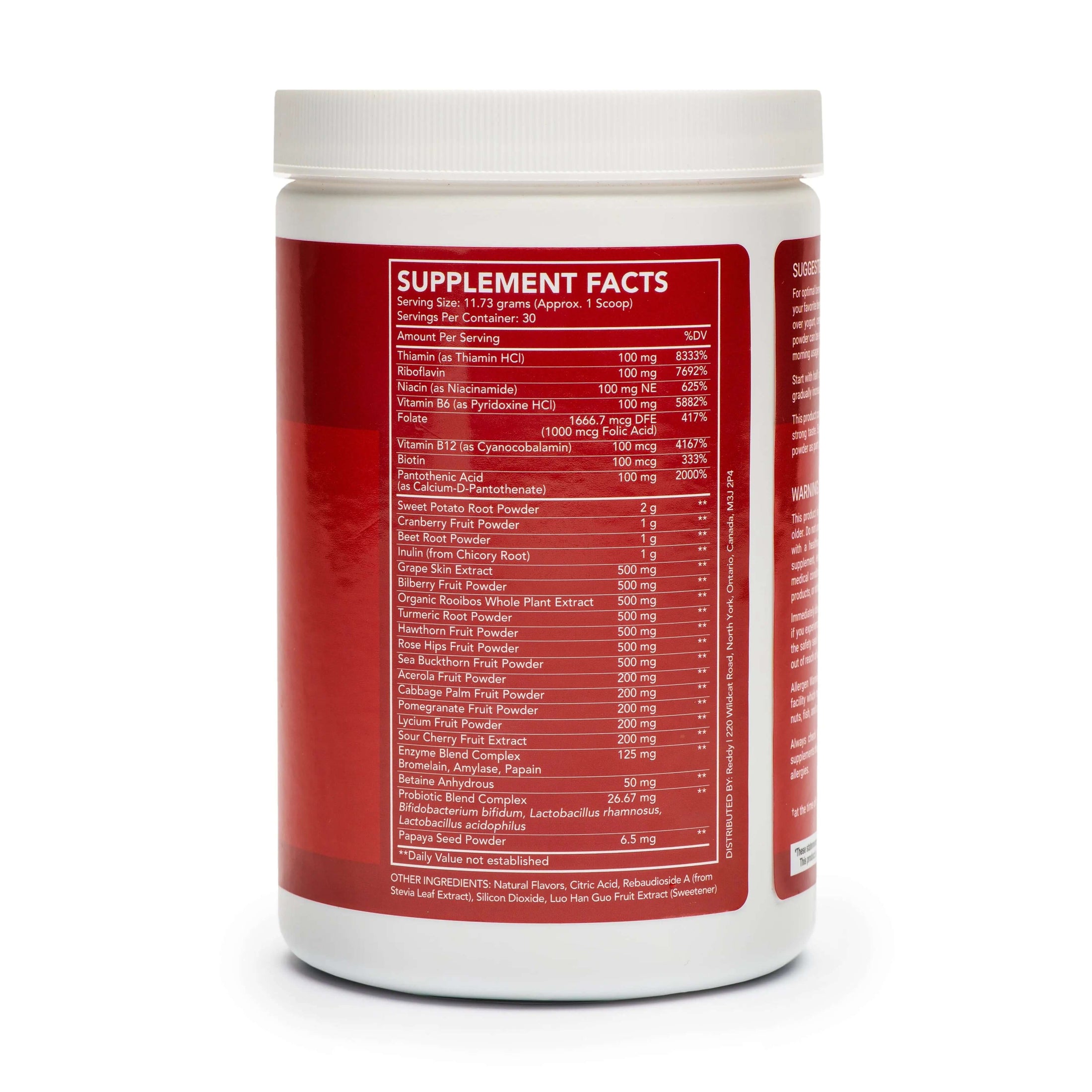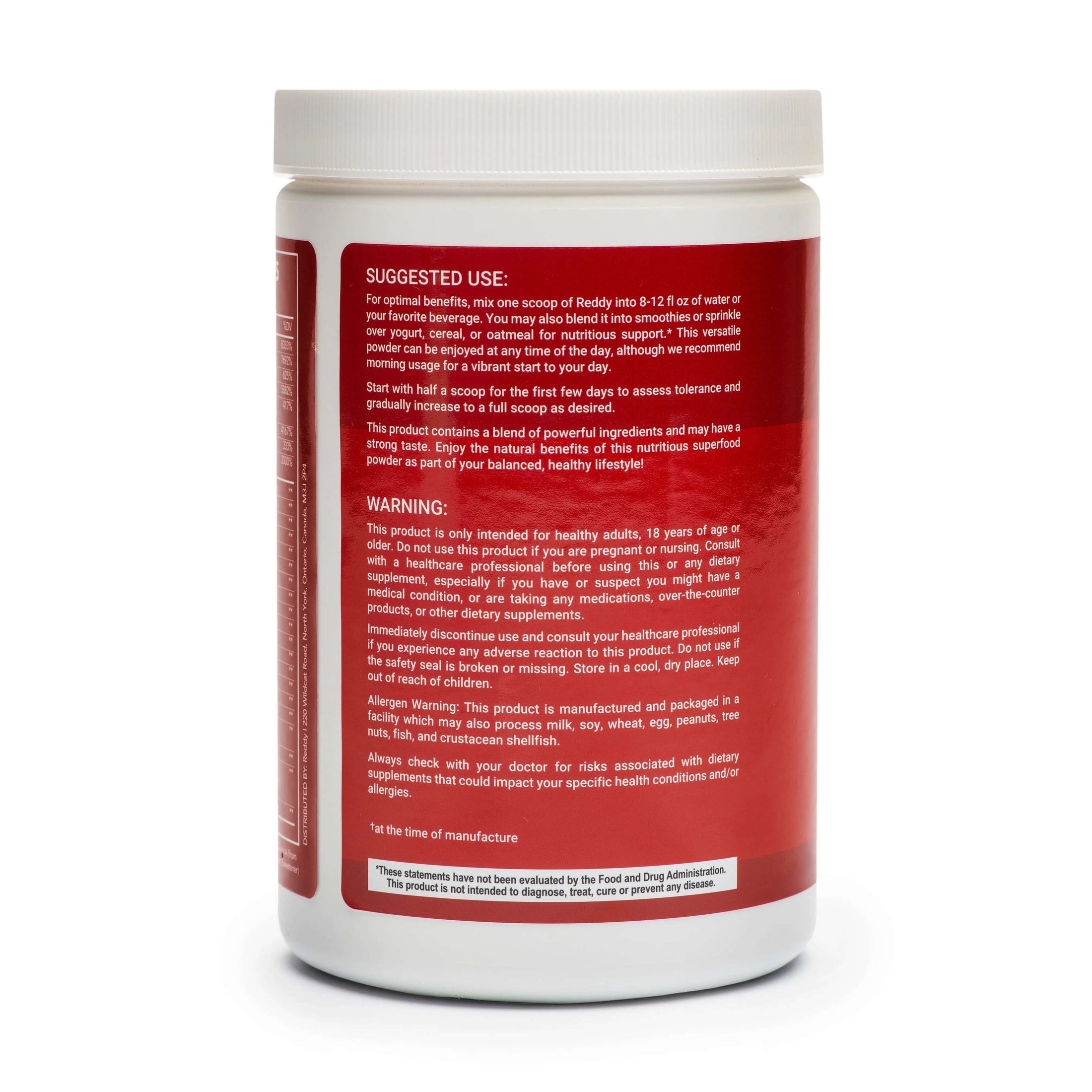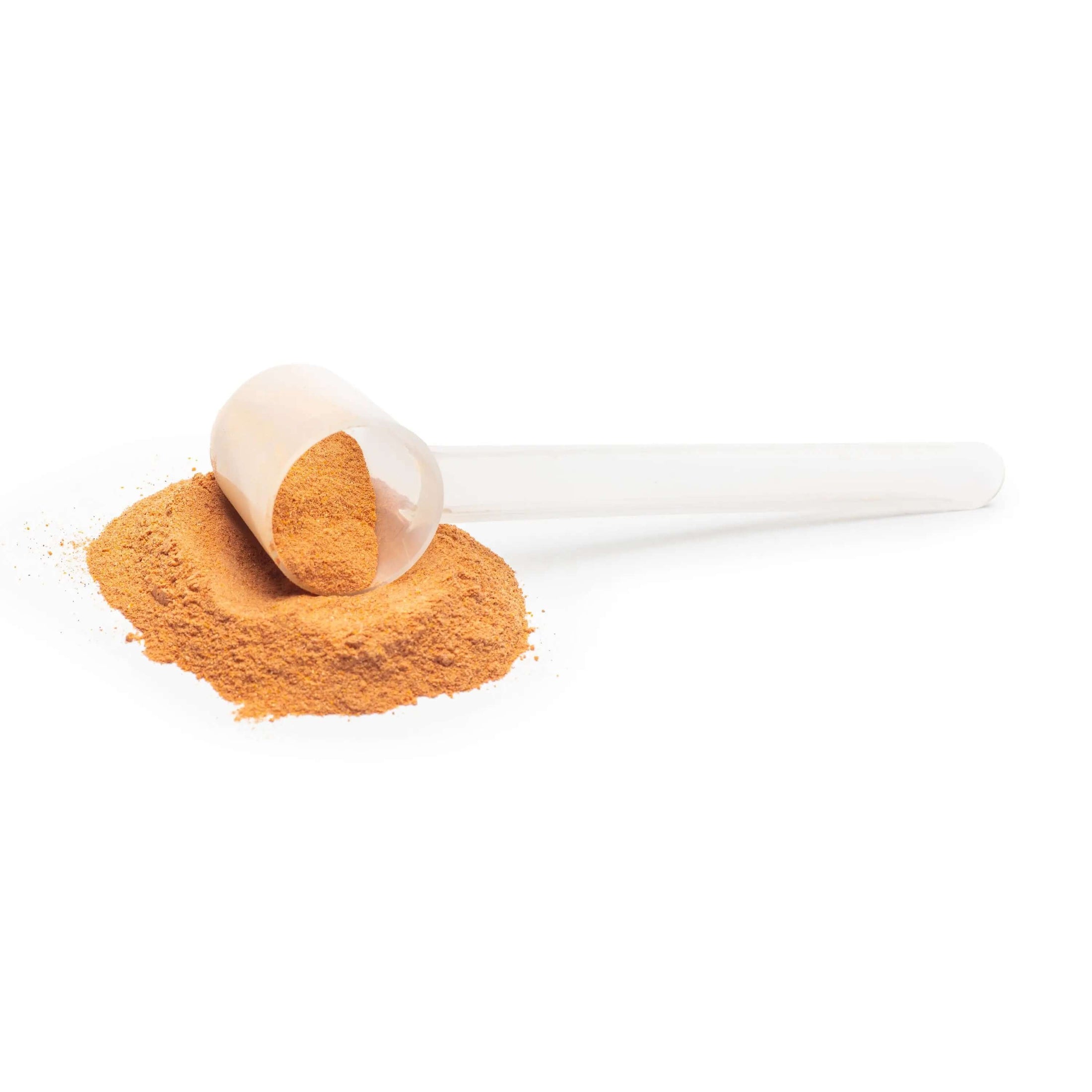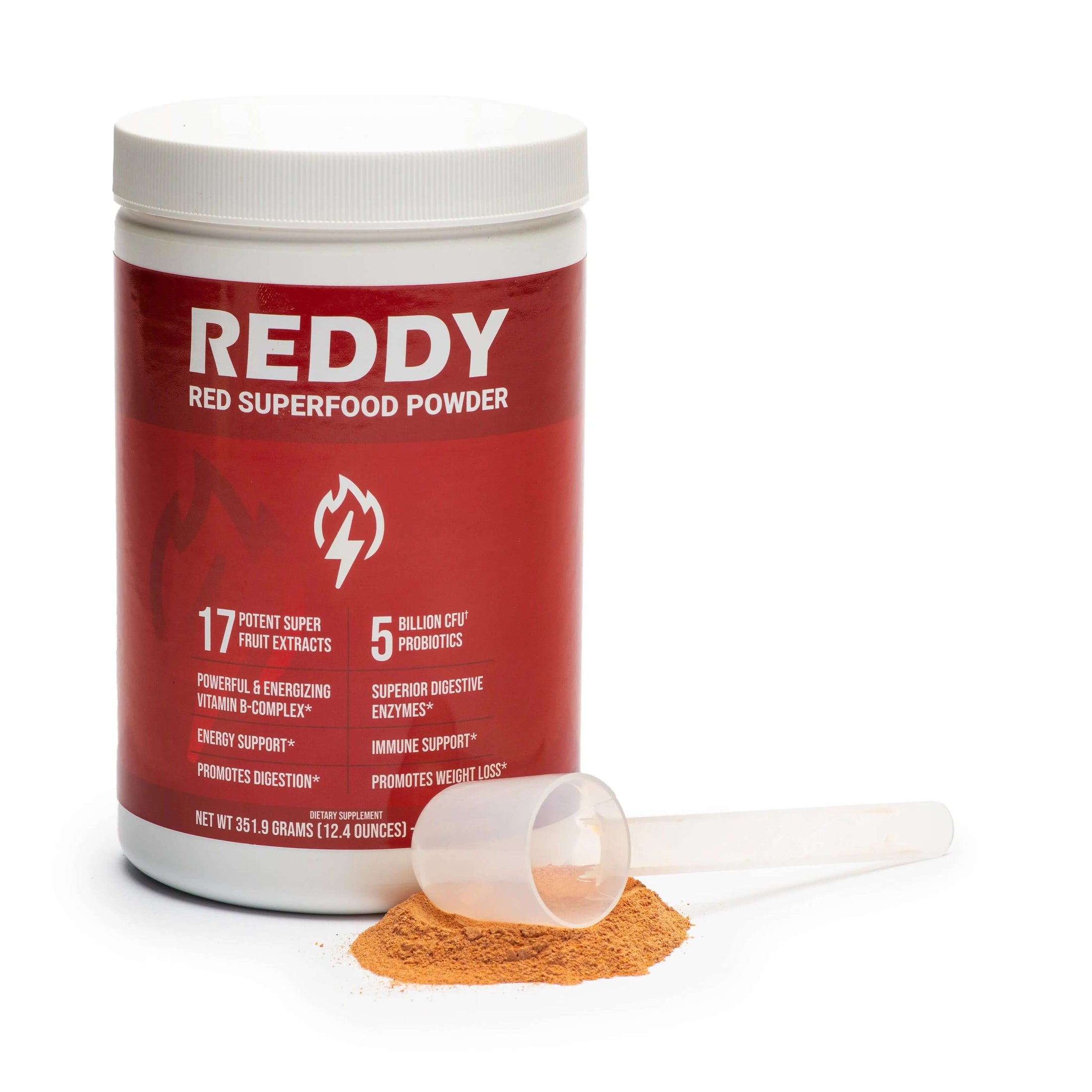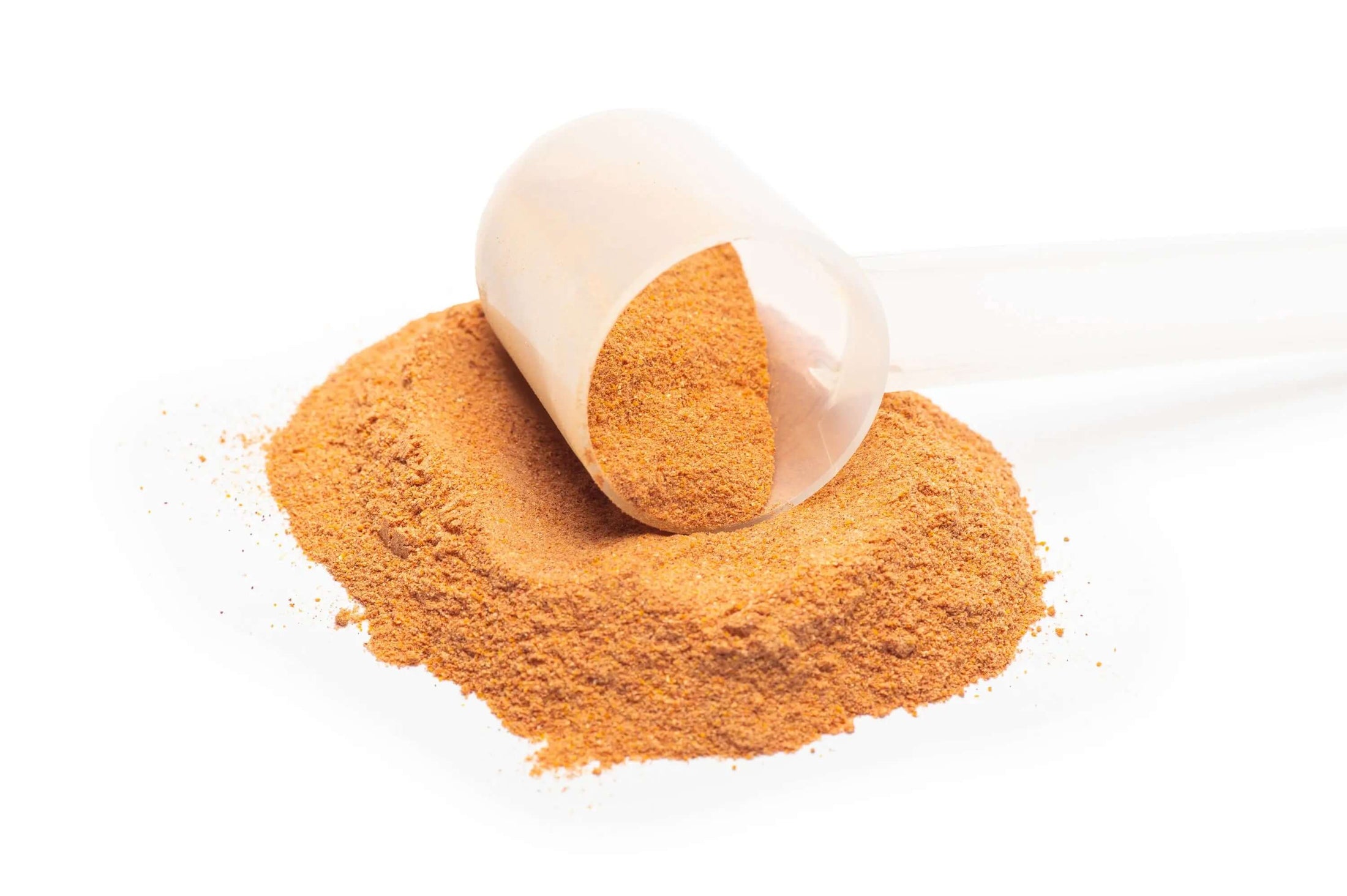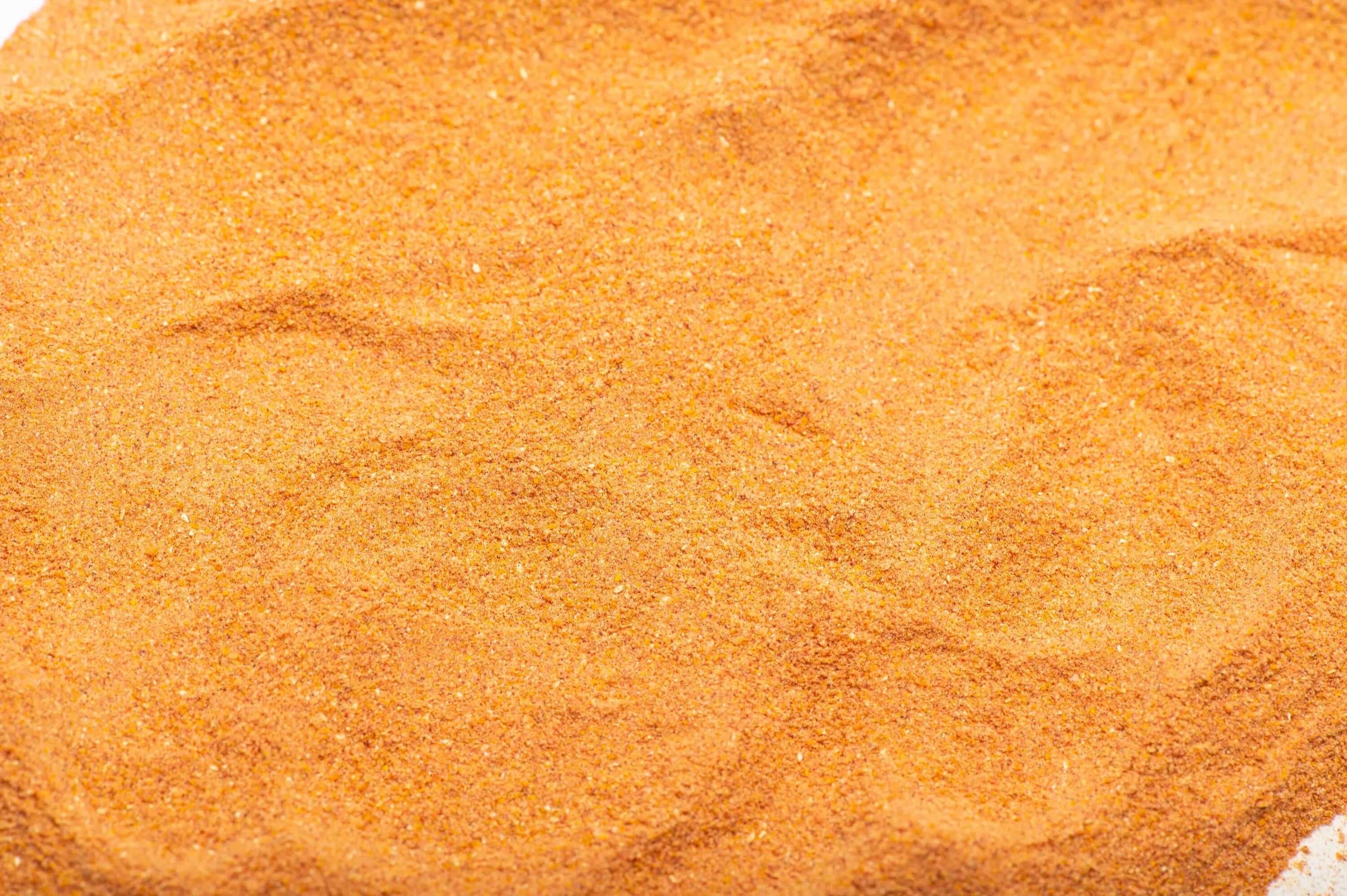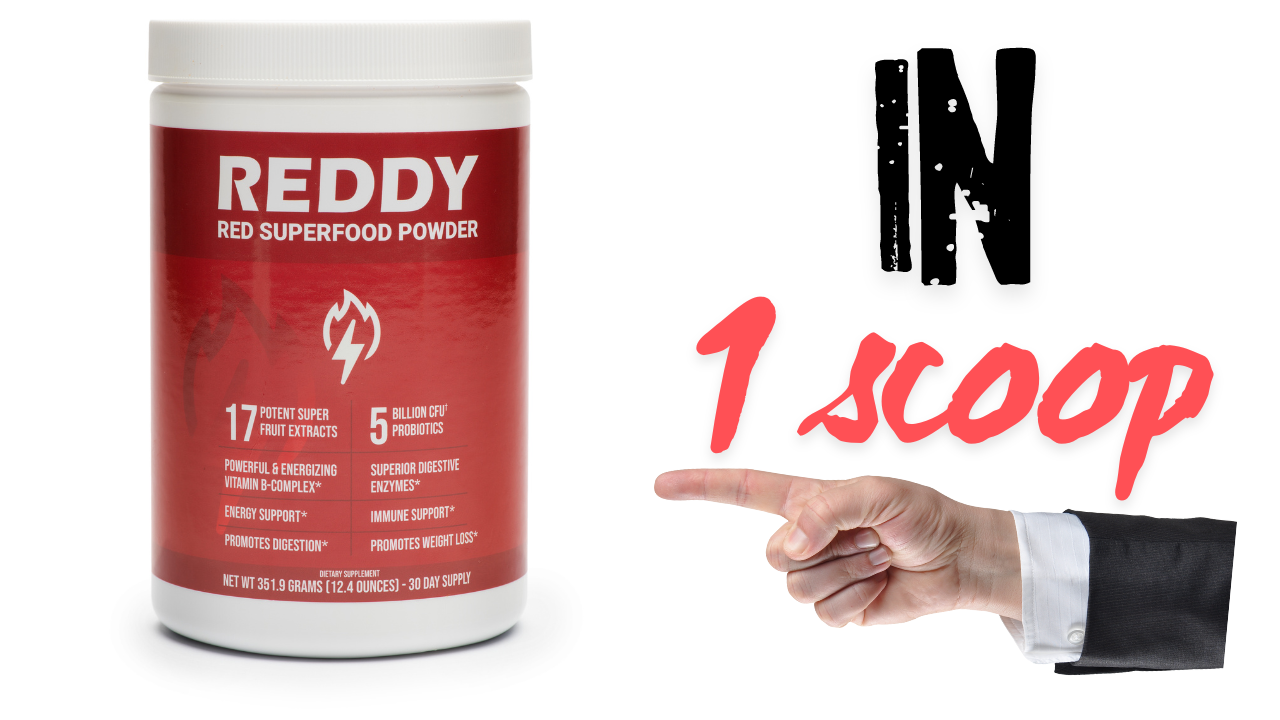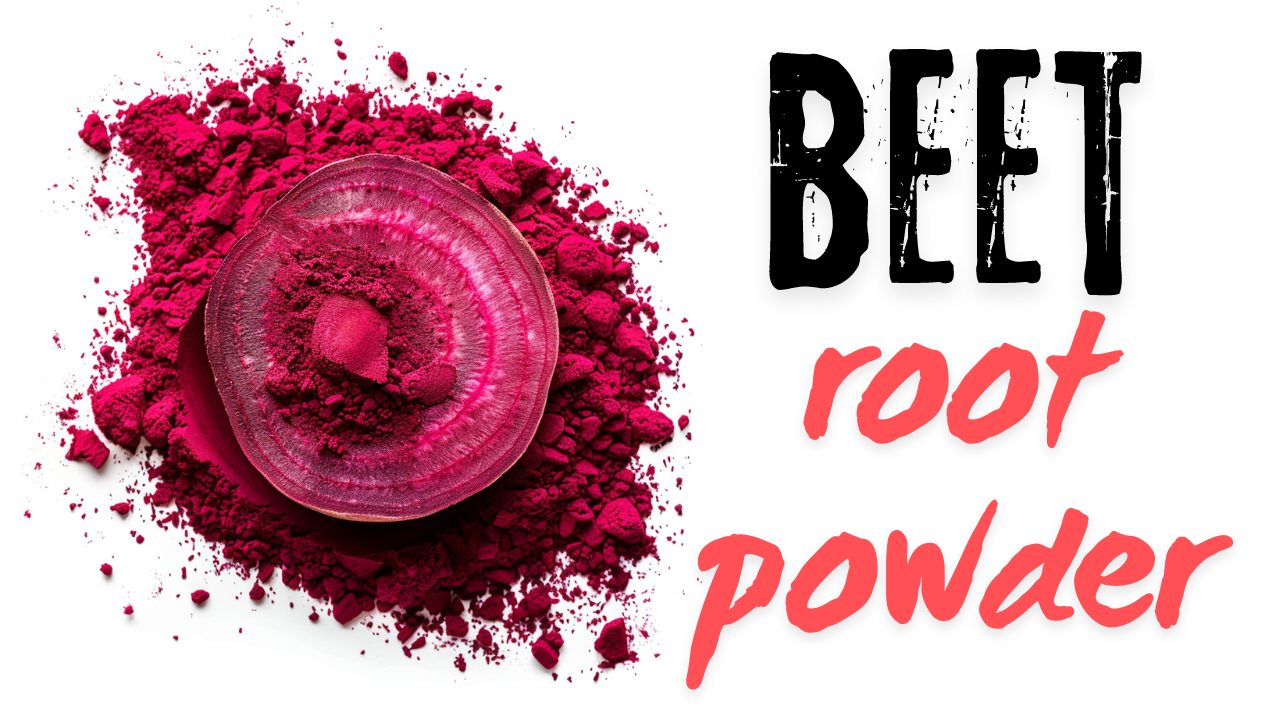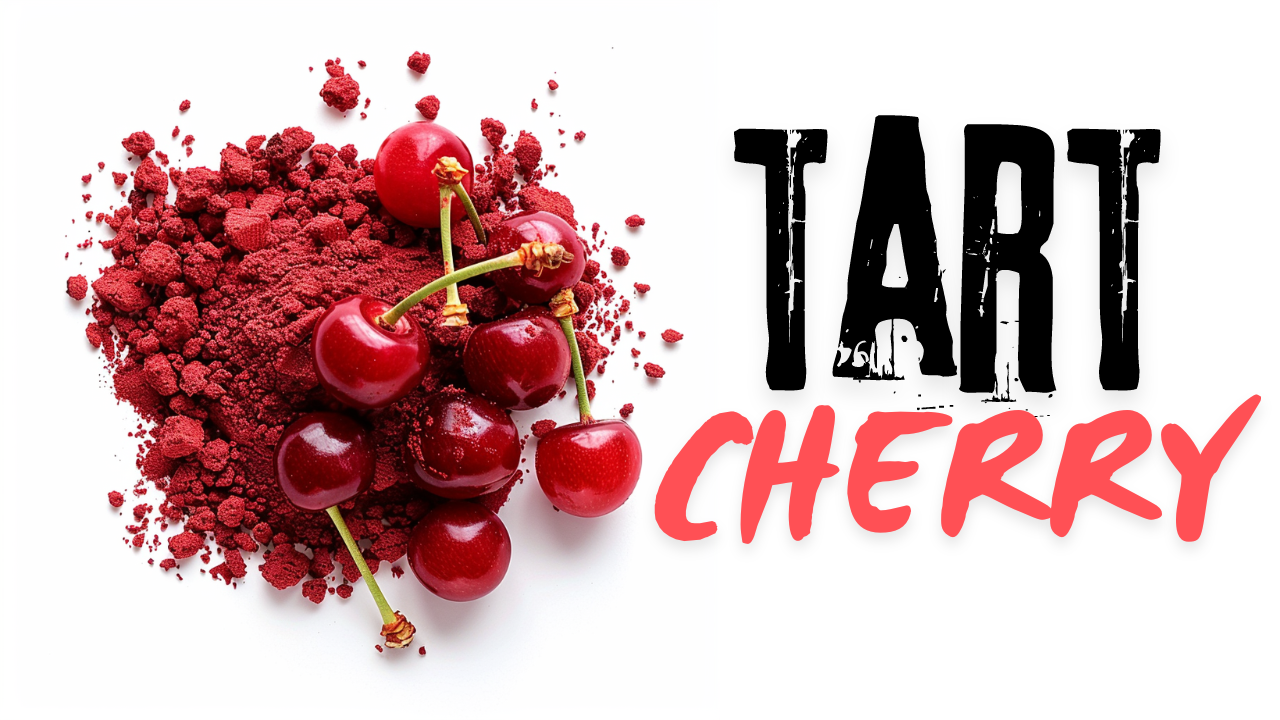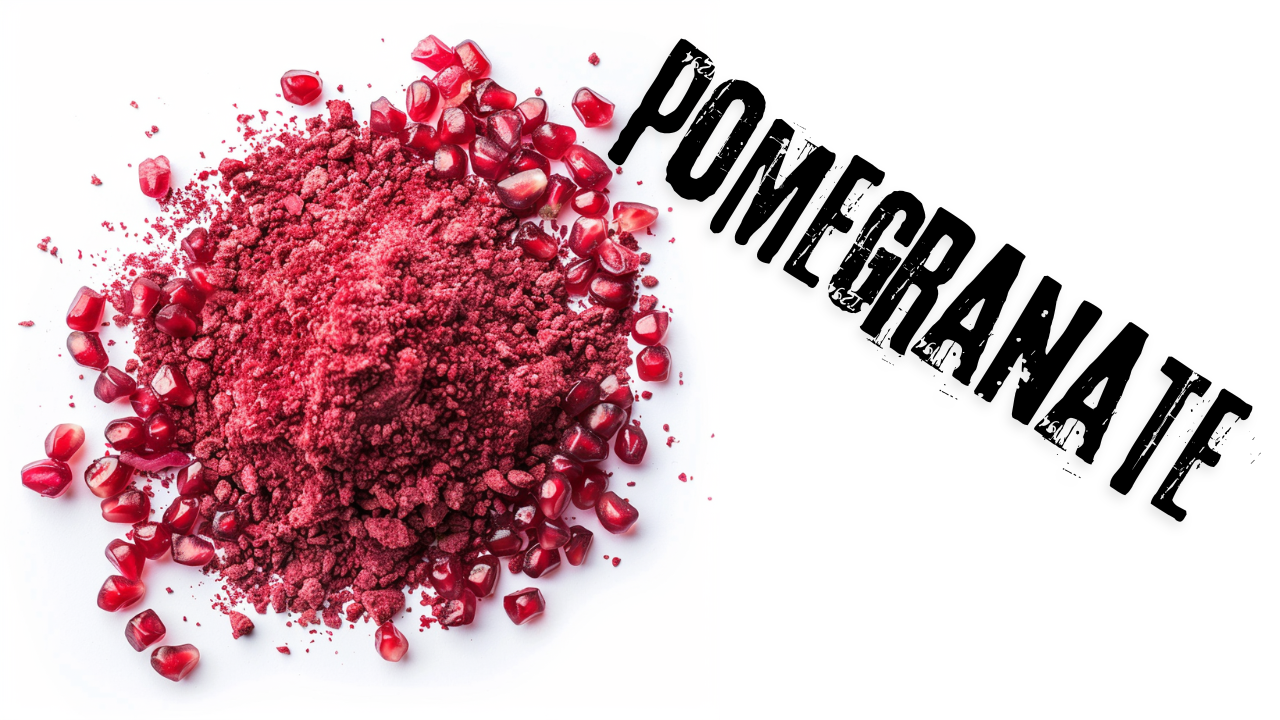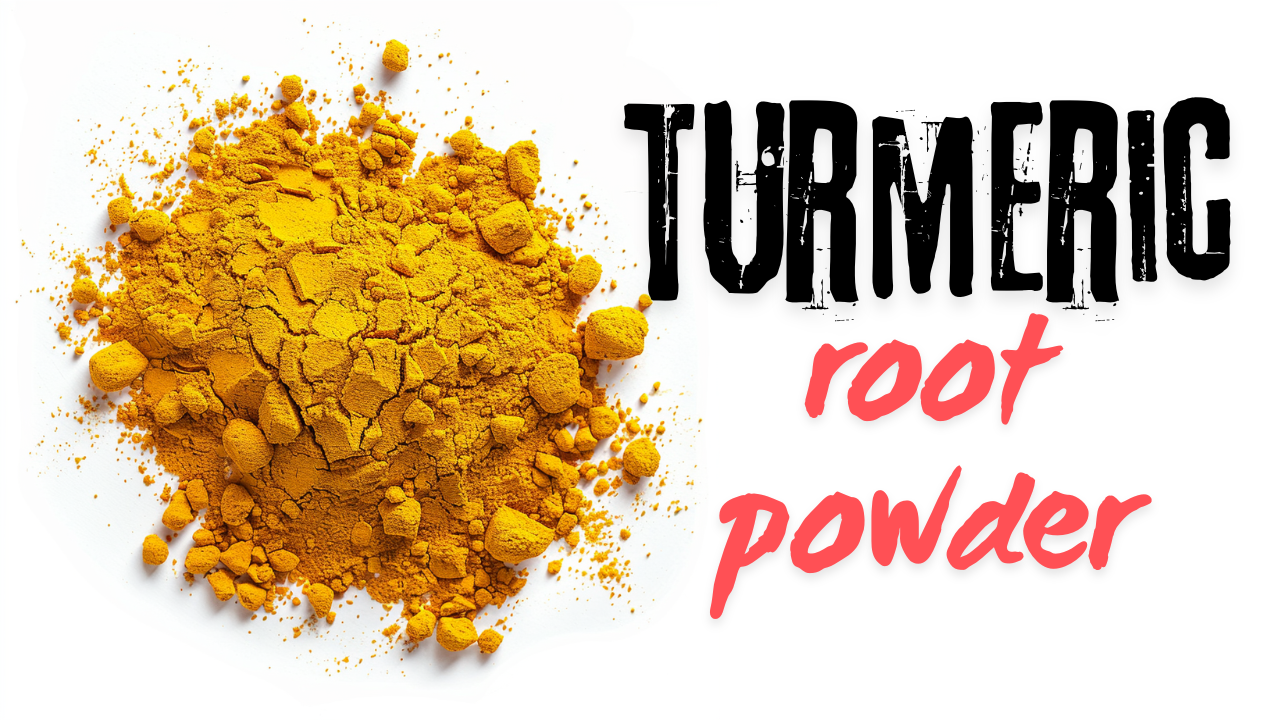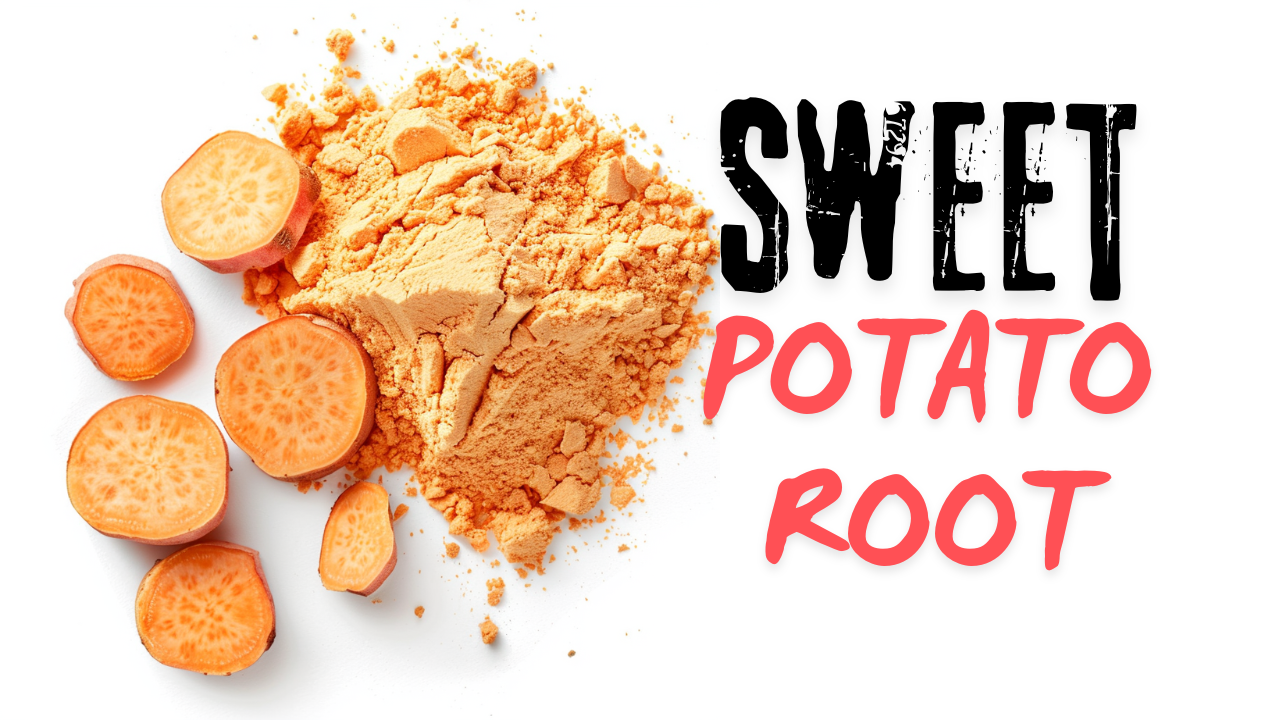Fruit and vegetable supplements have gained considerable attention in the health and wellness sphere as a convenient way to potentially bridge the gap between actual dietary intake and the recommended servings of fruits and vegetables. These supplements, typically available in powder, capsule, or liquid form, are made from dehydrated and processed fruits and vegetables. This article delves into the nuances of fruit and vegetable supplements, their potential benefits, limitations, and considerations for use.
Understanding Fruit and Vegetable Supplements
Fruit and vegetable supplements are designed to provide some of the vitamins, minerals, and other beneficial compounds found in fresh produce. They are often marketed to those who struggle to consume the recommended daily intake of fruits and vegetables due to lifestyle constraints or personal preferences.
Potential Benefits of Fruit and Veggie Supplements
-
Nutrient Boost: These supplements can provide vitamins, minerals, and antioxidants found in fruits and vegetables, potentially aiding those who don’t consume enough fresh produce.
-
Convenience: They offer a quick and easy way to incorporate some of the benefits of fruits and vegetables into one’s diet, especially for busy individuals.
-
Dietary Diversity: Supplements can include a range of fruits and vegetables that a person might not typically eat, thus diversifying their nutrient intake.
Limitations and Considerations
-
Not a Replacement for Whole Foods: Supplements should not replace whole fruits and vegetables, which provide essential fiber, water, and a complex mixture of nutrients that supplements can't fully replicate.
-
Variability in Supplement Quality: The nutrient content and quality of supplements can vary widely between brands and products. Some may not provide the same health benefits as whole fruits and vegetables.
-
Possible Interactions and Side Effects: Like all supplements, fruit and vegetable supplements can interact with certain medications and have potential side effects. It’s crucial to consult with a healthcare provider before starting any new supplement regimen.
How to Use Fruit and Vegetable Supplements
- As an adjunct to a balanced diet, not as a substitute for real fruits and vegetables.
- In conjunction with other healthful lifestyle practices, like regular exercise and adequate water intake.
- By following the recommended dosages on product labels and seeking advice from healthcare professionals.
Conclusion
While fruit and vegetable supplements can be a useful addition to one's diet, particularly for those who struggle to consume enough fresh produce, they are not a panacea for poor dietary habits. A diet rich in whole fruits and vegetables, along with whole grains, lean proteins, and healthy fats, remains the cornerstone of good health. Supplements can complement this diet but should not be relied upon as the sole source of nutritional benefit. Always prioritize whole foods and use supplements judiciously, keeping in mind the importance of a varied and balanced diet for optimal health.



